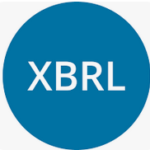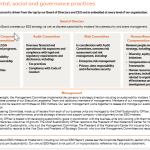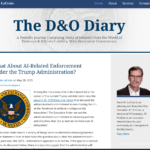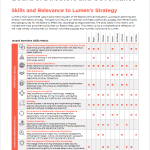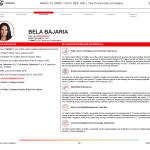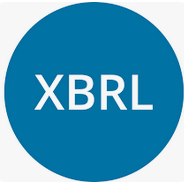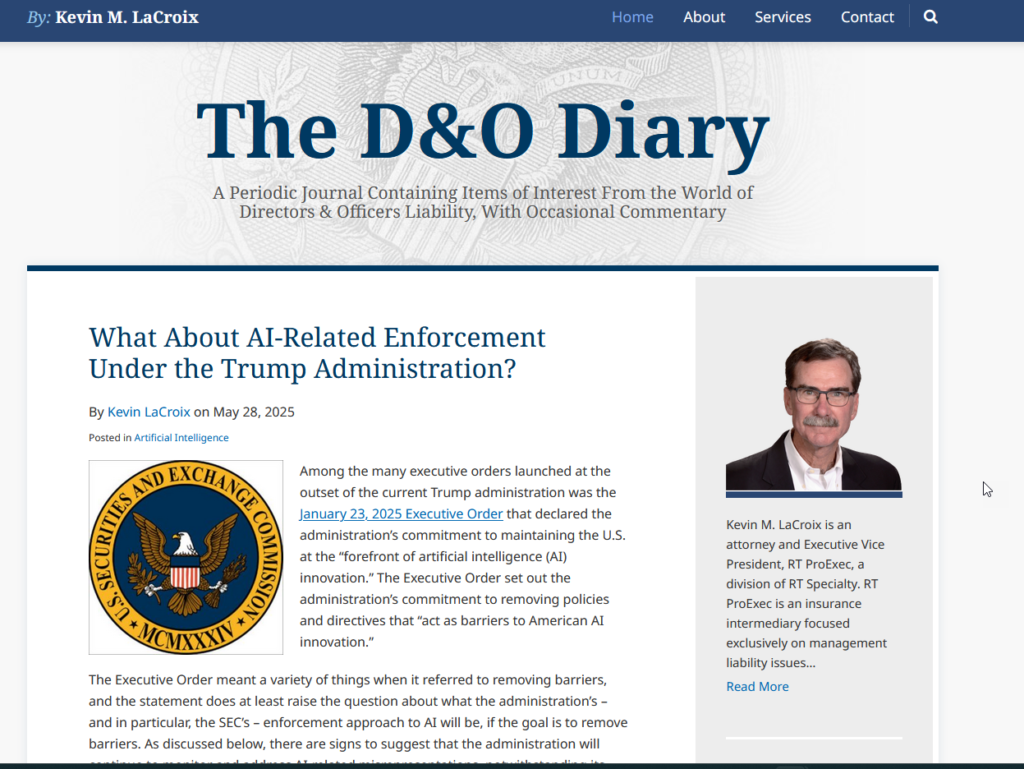It might be refreshing to step back once in a while and think about the “Why are we disclosing this?” aspect of disclosure. Of course, sometimes the answer is: “Because the SEC requires it.”
But even if that’s the case, understanding the “why” might help push you to rethink how something is being disclosed – and finding new angles that better communicate the message that you’re trying to deliver.
And oftentimes, there are cases where you’re making disclosures that aren’t required by the rules. They might be made due to a desire to abide by investor or proxy advisor guidelines. They might be made because of a particular shareholder engagement or expectation. Or they might be made because the company simply wants to explain something that it’s doing.
For example, your proxy might have a letter from the board of directors in it. Why are you doing that? In most cases, the answer is “To show that the board is engaged and active in meeting its obligations.” When you think about the purpose, you may find yourself drafting that letter in a way that is not as staid as it might otherwise have been. You’re illustrating that the board is “on it.” You get away from disclosure that is too narrow and regimented.
By thinking about the “why,” you might find yourself leaning towards disclosures that drive home the message that you want to deliver. It’s less about what is required and more about the purpose of the disclosure. To be more communicative in a way that better meets the expectations of the reader.
And this is what good disclosure is all about, answering the questions that readers might have in a way that best explains what you mean. So the next time you sit down to draft a piece of disclosure, first ask yourself the “why” before you put pencil to paper…



